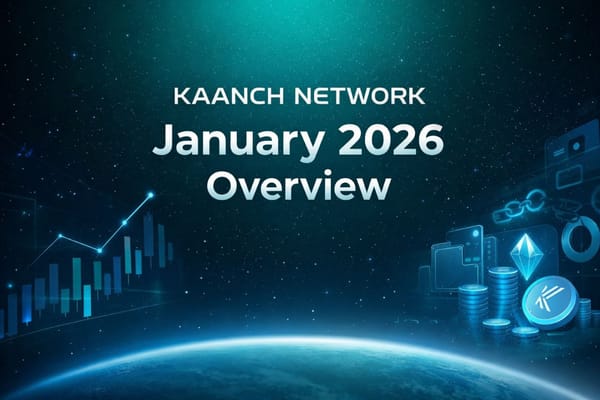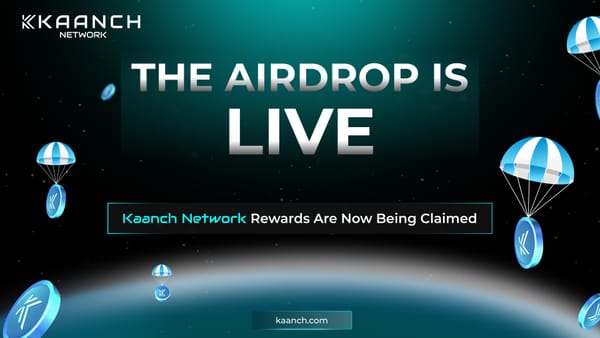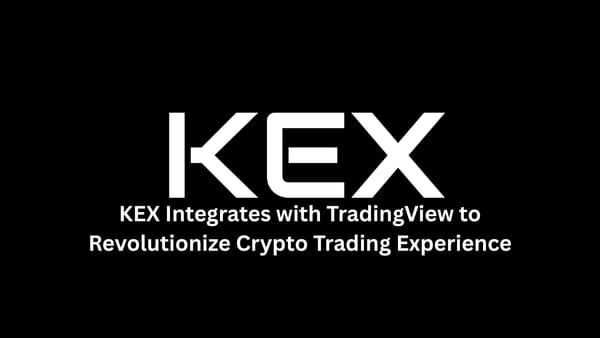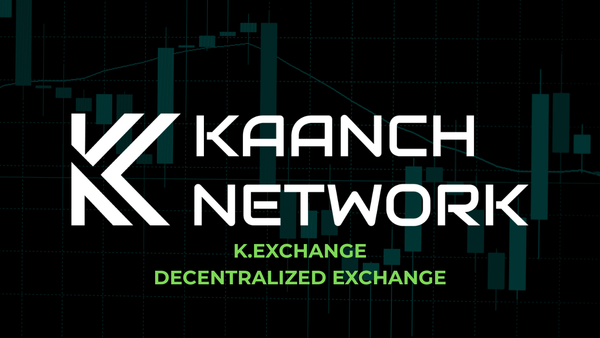Why Decentralized Finance Needs Kaanch Network's Near-Zero Gas Fees
Kaanch Network eliminates high gas fees in DeFi with near-zero costs, enabling accessible, scalable, and efficient financial transactions. With its advanced DPoS mechanism and 1.4 million TPS capability, Kaanch empowers traders, developers, and new users to maximize DeFi potential globally.
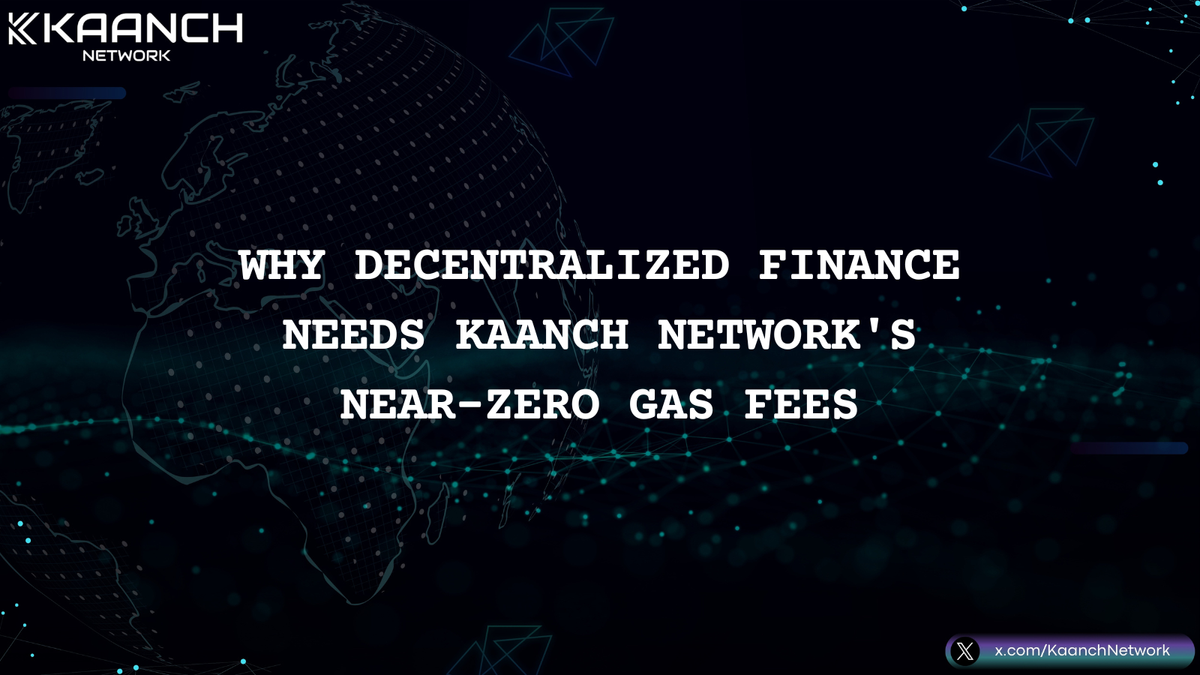
The rise of Decentralized Finance (DeFi) has unlocked unprecedented opportunities for individuals and institutions to manage and grow their wealth without intermediaries. However, the DeFi ecosystem is often plagued by high transaction costs, particularly on popular blockchains like Ethereum. These gas fees, which fluctuate based on network congestion, can make DeFi inaccessible to many users.
This is where Kaanch Network comes in. With its near-zero gas fees, Kaanch Network is redefining what’s possible in the DeFi space, enabling seamless and affordable financial transactions for everyone.
The Problem: High Gas Fees in DeFi
DeFi applications rely on blockchain networks to execute smart contracts, facilitate trades, and manage liquidity pools. However, these actions often incur gas fees, which can:
- Deter New Users: High fees discourage smaller investors from participating.
- Erode Profit Margins: For frequent traders, transaction costs can eat into earnings.
- Limit Innovation: Developers are constrained by the cost of deploying and maintaining dApps.
For example, during peak network congestion, Ethereum gas fees can exceed $100 per transaction, making simple activities like token swaps or staking prohibitively expensive.
How Kaanch Network Solves the Gas Fee Problem
Kaanch Network is built with efficiency at its core, ensuring that transactions incur minimal costs without compromising speed or security. Here's how:
1. Optimized Delegated Proof of Stake (DPoS)
Kaanch Network employs an enhanced DPoS mechanism that minimizes resource consumption by delegating transaction validation to a select group of validators. This approach reduces the computational overhead, allowing the network to operate efficiently and keep gas fees negligible.
2. High Scalability Reduces Congestion
With the ability to process 1.4 million transactions per second (TPS), Kaanch Network ensures that its infrastructure can handle high demand without congestion. This prevents the spike in gas fees typically seen on other blockchains during peak activity.
3. Efficient Node Architecture
Kaanch Network’s nodes are designed to process transactions quickly and with minimal resource usage. By leveraging data compression and streamlined communication protocols, the network achieves high throughput without unnecessary costs.
The Benefits of Near-Zero Gas Fees in DeFi
Kaanch Network’s near-zero gas fees unlock new opportunities in DeFi, making it more inclusive and efficient.
1. Accessible to Everyone
High gas fees often exclude smaller investors and users from DeFi platforms. With negligible costs on Kaanch Network, individuals can:
- Participate in staking with any amount.
- Perform microtransactions without worrying about fees.
- Access DeFi tools, regardless of their financial status.
2. Improved Profitability for Traders
Frequent DeFi users, such as yield farmers and liquidity providers, often see profits eroded by gas fees. With Kaanch, traders can:
- Maximize returns without worrying about transaction costs.
- Move funds across liquidity pools freely.
- Enjoy more efficient arbitrage opportunities.
3. Cost-Effective dApp Deployment
For developers, deploying and maintaining DeFi applications becomes far more affordable on Kaanch Network. This opens the door to:
- More innovative DeFi solutions.
- Reduced operational costs, benefiting both developers and end users.
Real-World Use Cases for Kaanch Network in DeFi
Case 1: Low-Cost Token Swaps
A DeFi user can swap tokens on a decentralized exchange built on Kaanch Network without paying excessive fees. This makes high-frequency trading viable and accessible.
Case 2: Affordable Liquidity Provision
Liquidity providers can enter and exit pools frequently without worrying about gas fees reducing their profits. This encourages deeper liquidity, benefiting the entire DeFi ecosystem.
Case 3: Microlending and Microtransactions
Near-zero gas fees enable platforms to offer microloans and support microtransactions, bringing DeFi to underserved regions and low-income users.
Why Kaanch Network’s Gas Fees Matter
Kaanch Network’s near-zero gas fees are not just a technical achievement—they are a game-changer for the DeFi ecosystem. By removing cost barriers, Kaanch enables:
- Financial Inclusion: Empowering users in developing economies to access DeFi tools.
- Scalability of Use Cases: Supporting a wide range of DeFi applications, from trading to lending.
- Global Adoption: Making DeFi a practical choice for users worldwide.
Conclusion: The Future of DeFi on Kaanch Network
As the DeFi ecosystem continues to grow, the need for cost-effective and scalable solutions becomes more urgent. Kaanch Network’s near-zero gas fees position it as a leader in this evolution, enabling a future where financial freedom is accessible to all.
Whether you’re a trader, developer, or new user exploring DeFi, Kaanch Network offers the infrastructure to make blockchain-based finance simple, affordable, and efficient.
Ready to experience cost-efficient DeFi on Kaanch Network?
Visit www.kaanch.com to get started today!

